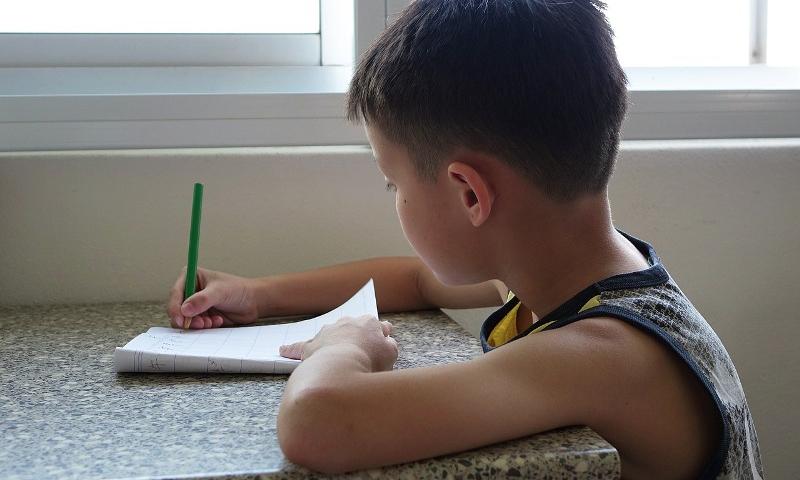
Parent Tips: How to Help Your Child Prepare for Standardized Tests
Starting the week of March 20, Nebraska students in grades 2-8 will start “standardized testing season” and will be given two major exams--the Nebraska State Accountability test (or “NeSA test”) and Measures of Academic Progress (MAP tests). In our elementary schools, the NeSA test is given to all third and fourth graders; the MAP test is given to all students in second, third, and fourth grades.
Standardized tests currently play a major role in the United States public schools. As a parent, there are a number of ways that you can support your child before and after taking a standardized test, as well as a number of ways you can support your child's learning habits on a daily basis that will help her be more prepared when it's time to be tested
Please note that these tips have been adapted from articles published by Scholastic, Inc., the National Parent Teacher Association, and the International Reading Association, and that the sources are indicated after each section of tips.
Before the Test
Help your child in areas that are difficult for her
If your child has struggled with a particular area or subject in the past, you may be able to help her overcome some of that difficulty by providing some extra practice. Many workbooks target test preparation by offering practice exercises and questions like the ones students see on the test. Focus your practice on your child's weaknesses rather than her strengths so that she doesn't get bored with the exercises (Narang, 2008).
Give your child a chance to practice
If your child has trouble taking tests, try practicing test questions and studying new words. Your child's school or the library may have some samples to use. Keep the sessions short, and set small, manageable goals so that the extra practice boosts your child's confidence (Narang, 2008).
If you have concerns about the test or testing situation, talk with your child's teacher
Discuss your concerns with the teacher and/or school administrator. If you're not satisfied with the outcome, however, you can reach out to some other organizations that monitor testing, including The National Center for Fair & Open Testing or the ERIC Clearinghouse on Assessment and Evaluation (Narang, 2008).
On Test Day
Make sure your child gets a good night's sleep and eats a healthy breakfast
Many teachers report that students who don't do well on tests haven't gotten enough sleep, and haven't eaten breakfast on the morning of the test. Doing both of these things will ensure that your child is working at full capacity (Narang, 2008).
Make sure your child is prepared
Some schools may supply the tools your child needs for the test, such as pencils, an eraser, paper, and a calculator. Others may require the students to bring those materials themselves. Check with your child's teacher to see if you need to provide your child with any of these materials. Also, check to see whether you child will be able to make up the test if she is sick on test day (Narang, 2008).
Remain positive
Staying calm will help your child stay calm. If she gets nervous about the test or is likely to experience anxiety during the test, help her practice some relaxation techniques that she can try once she's taking the test (Narang, 2008).
After the Test
What about the results?
Assessments vary from test to test, but the test scores should include information that helps you interpret the results. Talk with your child's teacher if you have any questions about the test results. You may also suggest that the school offer a testing information session to parents (Narang, 2008).
Review tests with your child
Help your child review any parts of the test that she did not understand (Narang, 2008).
On a Daily Basis
In addition to these strategies, there are a number of ways that you can maximize your child's learning capabilities throughout the school year, which can lead to confident test-taking. Some of these strategies include:
* Assisting your child with homework and ensuring that your child is completing all homework assignments
* Helping her to develop good study habits, thinking skills, and a positive attitude towards education from an early age
* Ensuring that your child has good attendance at school
* Staying in communication with your child's teacher
* Encouraging your child to read as much as possible, and to increase her vocabulary - even reading magazines, newspapers, and comic books regularly will help improve her reading skills
* Looking for educational games and programs that engage your child
* Helping your child learn how to follow directions carefully (Dietel, 2008; IRA (2002); Narang, 2008).
Finally, remember that standardized tests and grading systems are not perfect; each format has its own limitations. As you help your child do her best on the tests she takes and in all of her schoolwork, also remind her that testing is just one part of her education. With your support and involvement, she will be well on her way to her own bright future.

